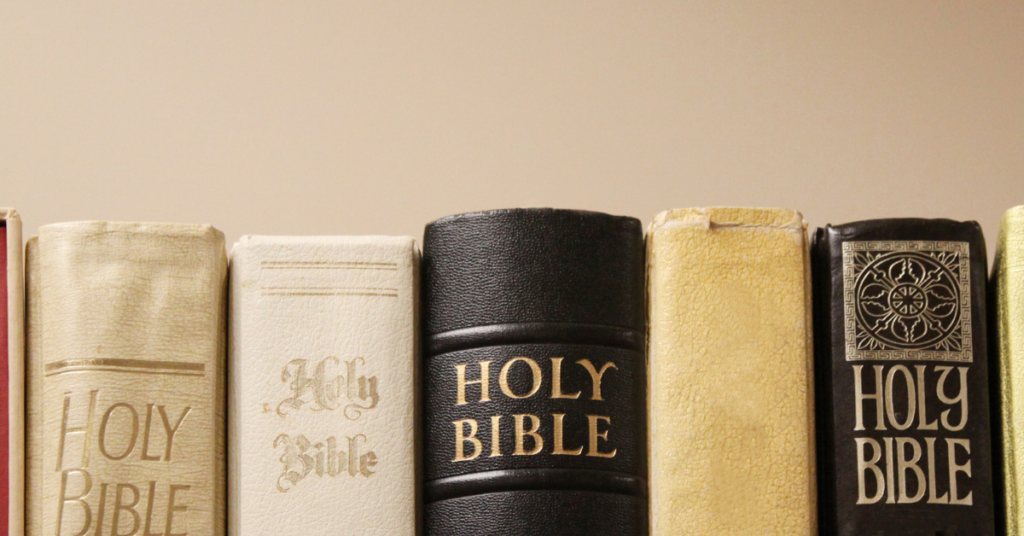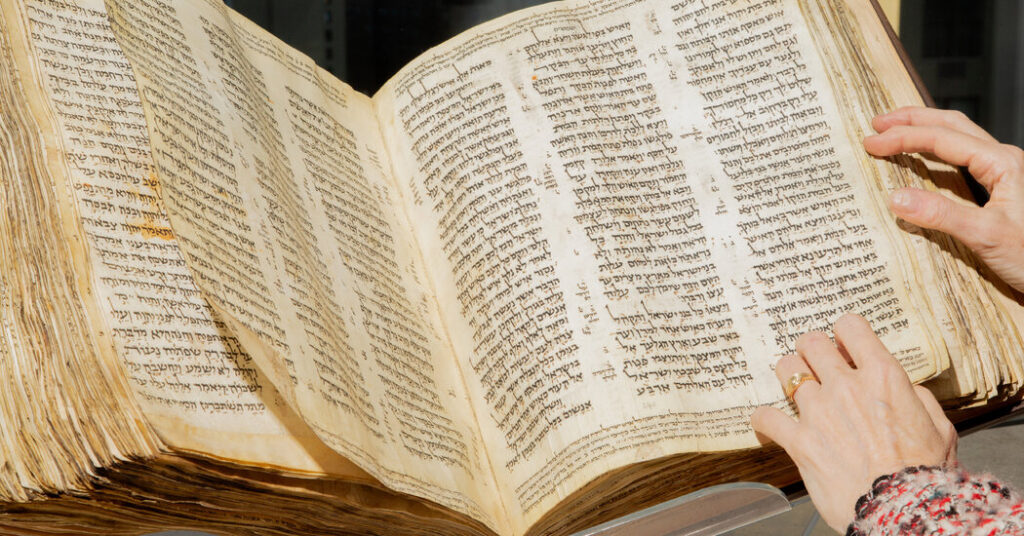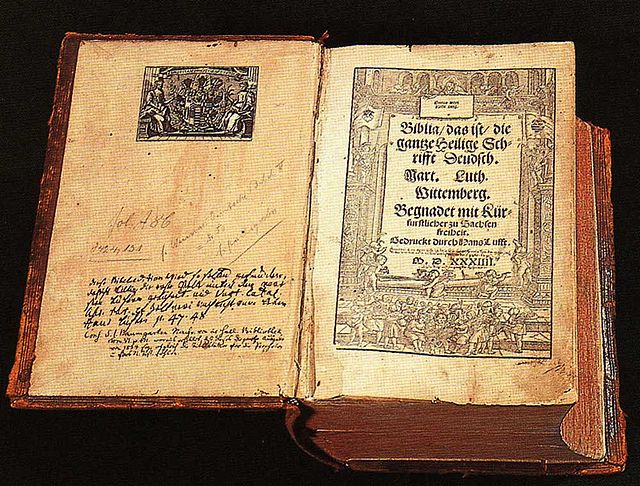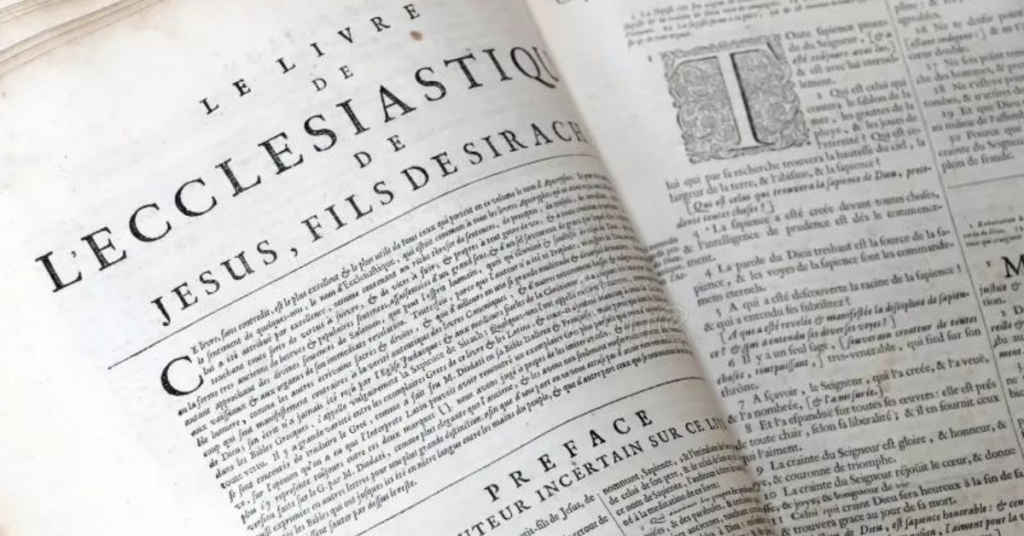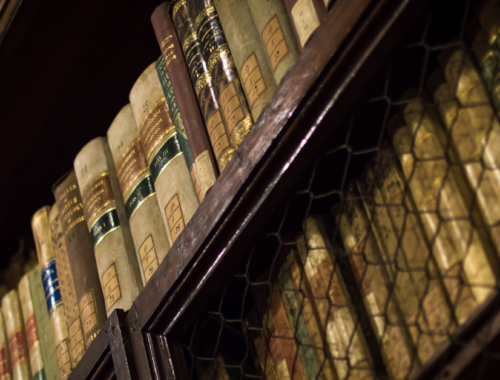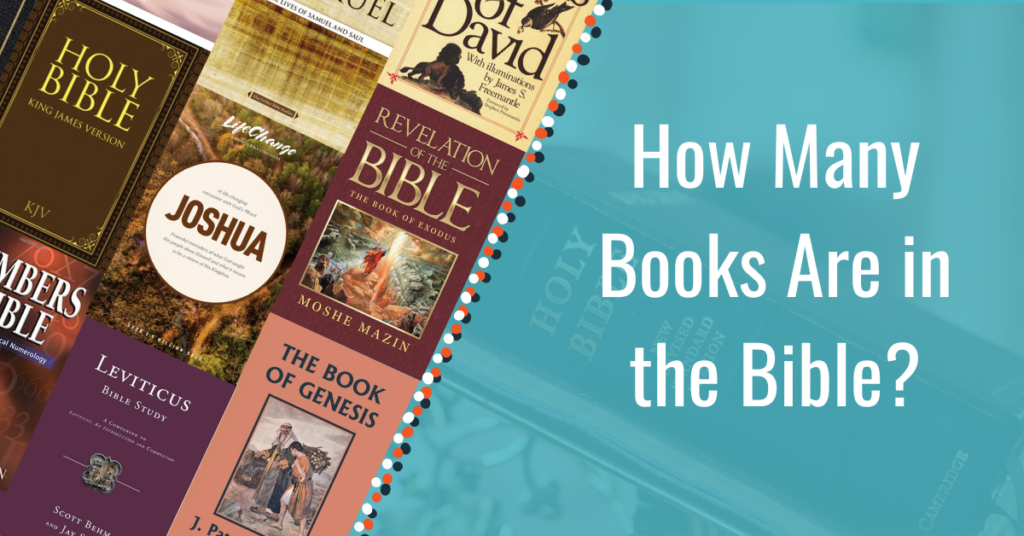
Since reading became more accessible, a huge collection of books has enjoyed widespread acceptance and massive popularity. But even amidst Harry Potter and Pride and Prejudices, the award for the most-read book in the world has belonged to an undefeated champion throughout the decades.
The Bible.
But as it turns out, the World’s Most Popular Book is not exactly a book. It is, instead, a collection of them.
- The Bible is a Book Collection
- Different Canons, Different Translations, Different Books
- How Many Books Are in The Hebrew Bible?
- How Many Books Are In The Protestant Bible?
- How Many Books Are In The Catholic Bible?
- How Many Books Are In Other Bibles?
- The Long and Complex History of The Bible
The Bible is a Book Collection
By modern standards, the Bible is best classified as an “anthology series.” It is a compilation of many manuscripts and scriptures written and compiled throughout the centuries, curated by religious authorities to contain a certain number of books.
The Bible is one of the world’s most ancient book collections and the foundational pillar of multiple Abrahamic religions. These communities believe the Bible to be sacred, as humans may have written the words, but they are divine in origin.
So—how many books are in the Bible, then? The answer is, as always, a little bit trickier than a simple, round number.
Different Canons, Different Translations, Different Books
Some of the many religions that consider the Bible their Scripture—a fundamental, sacred text—are Christianity, Judaism, Samaritanism, and many more. Authority figures of these communities selected some text among the many historical texts available and decided which are considered divinely inspired and, thus, an official part of the Bible within that religion. This is called the “biblical canon”.
Now, this is where things get tricky.
While religions decided which historical texts should be part of the biblical canon, many were discarded. And as it turns out, there is no agreement between religions regarding the books contained within the Bible.
As such, if you ask how many books are in the Bible, the answer depends on which Bible and from which religion you’re talking about.
How Many Books Are in The Hebrew Bible?
First of all is the Hebrew canon, as the rest of the biblical canon is built upon it. Also called Tanakh, Tanach, or the Hebrew Bible, it contains 24 books divided into three divisions: Torah (“Teaching”), Nevi’im (“Prophets”), and Ketuvim (“Writings”).
Torah (“Teaching”), the Pentateuch, or the Five Books of Moses
- Genesis
- Exodus
- Leviticus
- Numbers
- Deuteronomy
Nevi’im (“Prophets”)
- Joshua
- Judges
- Samuel
- Kings
- Isaiah
- Jeremiah
- Ezekiel
- Book of the Twelve (composed of 12 books)
Ketuvim (“Writings”)
- Psalms
- Proverbs
- Job
- Song of Songs
- Ruth
- Lamentations
- Ecclesiastes
- Esther
- Daniel
- Ezra-Nehemiah
- Chronicles
How Many Books Are In The Protestant Bible?
Christianity is the most populous religion in the world, and the Protestant Church stands out as the predominant denomination within the United States.
The biblical canon of all Christianism variants divides the Bible into two major books: the Old Testament and the New Testament. The division between the scriptures marks the before and after of a significant event that marks the central point of Christianism: the Birth, Death, and Resurrection of Jesus Christ.
Within Christianity, the Protestant Bible contains 66 books—39 in the Old Testament and 27 in the New Testament.
Old Testament
The Old Testament books overlap with the content of the Hebrew Bible, which is why they are called the “protocanonical books”. The differences in number come from Catholics separating the protocanonical books into smaller books.
The Old Testament books are commonly divided into four categories.
Pentateuch
- Genesis
- Exodus
- Leviticus
- Numbers
- Deuteronomy
Historical Books
- Joshua
- Judges
- Ruth
- 1 Samuel
- 2 Samuel
- 1 Kings
- 2 Kings
- 1 Chronicles
- 2 Chronicles
- Ezra
- Nehemiah
- Esther
Poetry Books
- Job
- Psalms
- Proverbs
- Ecclesiastes
- Song of Songs
Prophetic Books
- Isaiah
- Jeremiah
- Lamentations
- Ezekiel
- Daniel
- Hosea
- Joel
- Amos
- Obadiah
- Jonah
- Micah
- Nahum
- Habakkuk
- Zephaniah
- Haggai
- Zechariah
- Malachi
New Testament
The 27 New Testament books are divided into six categories.
The Gospels of the Four Evangelists
- Matthew
- Mark
- Luke
- John
Historical Books
- Acts of the Apostles
The Pauline Epistles
- Romans
- 1 Corinthians
- 2 Corinthians
- Galatians
- Ephesians
- Philippians
- Colossians
- 1 Thessalonians
- 2 Thessalonians
- 1 Timothy
- 2 Timothy
- Titus
- Philemon
The Epistle to the Hebrews
- Epistle to the Hebrews
The General Epistles
- James
- 1 Peter
- 2 Peter
- 1 John
- 2 John
- 3 John
- Jude
Prophetic Book
- Revelations
How Many Books Are In The Catholic Bible?
The Roman Catholic Church is the largest Christian denomination in the world, making the Catholic biblical canon the most widespread of them all.
While the Catholic Bible shares many similarities with the Protestant canon, it has 73 books rather than 66. These additional seven books are part of the Old Testament and are called the deuterocanonical books—that is, a group of scriptures deemed canonical by many Christian denominations but considered Apocrypha—that is, not divinely inspired—by Jews and Protestants.
These seven additional books are Tobit, Judith, 1 Maccabees, 2 Maccabees, Book of Wisdom (also called Wisdom of Solomon), Ecclesiasticus (also known as Sirach), and Baruch. The Catholic Bible also adds some deuterocanonical content to the Book of Esther and the Book of Daniel.
On the other hand, the New Testament remains identical to that of the Protestant Bible.
How Many Books Are In Other Bibles?
The number of sacred scriptures in the many Orthodox churches and other Christian denominations is much more complex than others since many lack an official compilation and have multiple opinions and interpretations.
Among many, the Orthodox Tewahedo biblical canon is worth mentioning. Prevalent in Ethiopia and Eritrea, it is the biggest Bible among all denominations—it encompasses 81 books, including all the Deuterocanon books in the Catholic Bible and eight more scriptures in the Old Testament and New Testament.
Another notable example is the Russian Synodal Bible, used by the Russian Orthodox Church, which features all of the Catholic Deuterocanon books plus five more.
The Long and Complex History of The Bible
While the information in this article sums up the most widely accepted numbers, exploring the many books of the Bible goes much further than that.
For example, the Apocrypha includes more books than those in the Catholic Bible. Likewise, some study the Antilegomena—a collection of ancient texts disputed as legitimate Christian scriptures.
If this sounds complicated, it’s because it is. Doing in-depth academic studies of an ancient anthology compiling centuries of historical texts is difficult. Add the complexity of determining which ones are divinely inspired, and perhaps you can understand why it may not be as straightforward as reading Christian books for young adults or religion textbooks. By the way, do you know who wrote the first textbook?
But reading the books of the Bible—canonical or not—can be an enriching experience in a uniquely spiritual way.
This brings the topic back to the initial question: how many books are in the Bible? The truth is that it depends, and there can be as many as you’d like to study.


